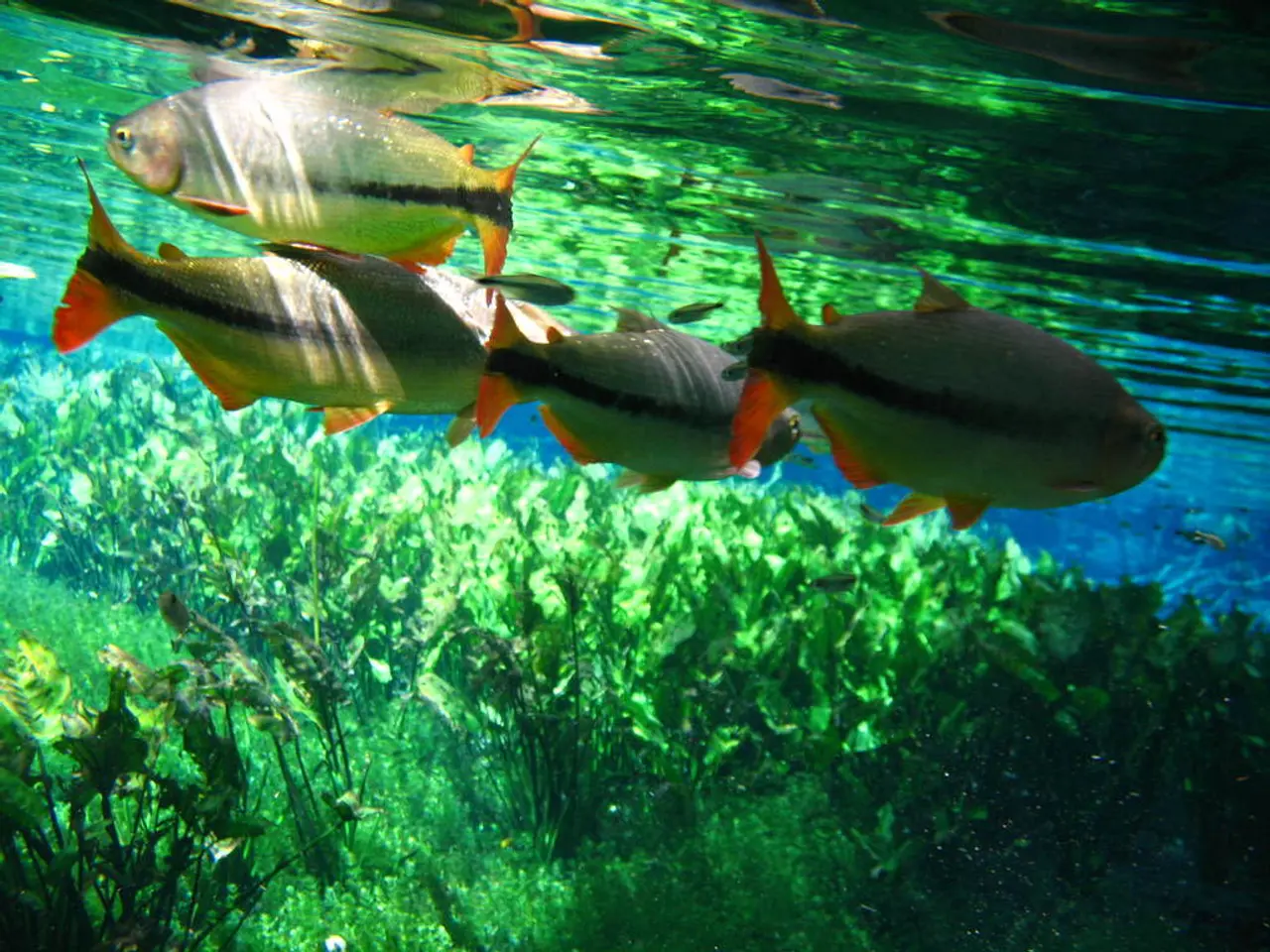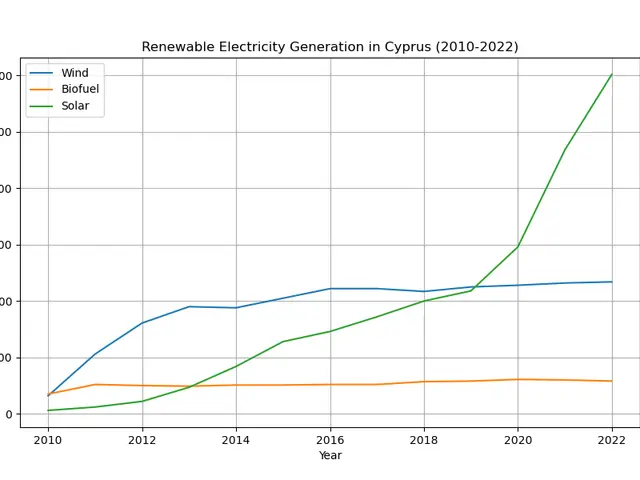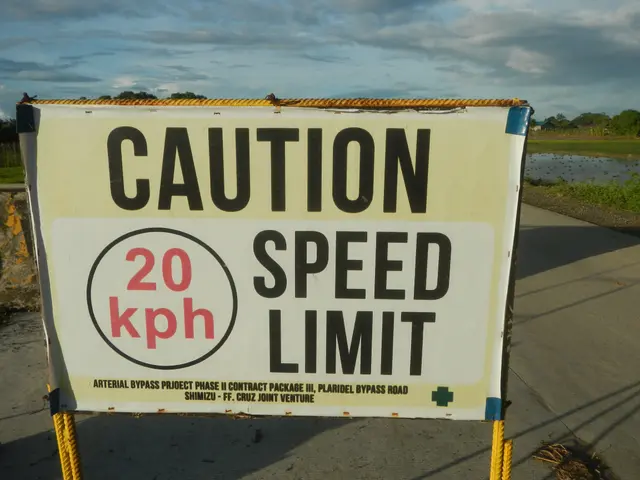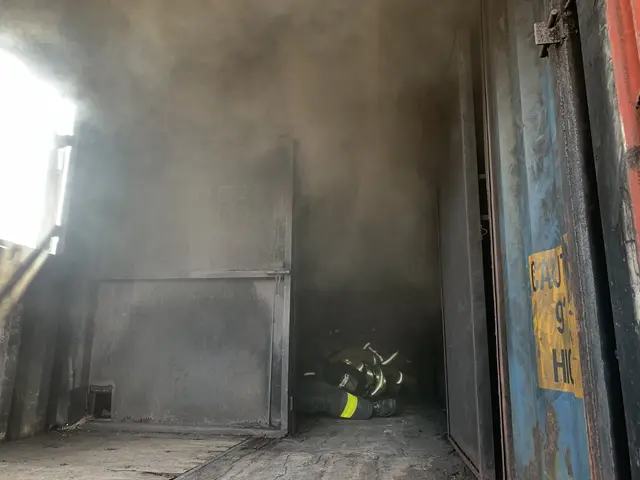Actions Should Be Taken in Response to Words Spoken
In the picturesque Lake Constance, two invasive species, the cormorant and the quagga mussel, are causing concern for local ecosystems.
Alexander Brinker, the director of the fisheries research institute, has recently published a new brochure investigating biodiversity in the waters of the state. The research highlights the cormorant as a significant fish-eating predator threatening the balance of biodiversity in the state's waters. Conversely, the quagga mussel has been identified as a threat to the health of Lake Constance.
Minister Hauk's department, responsible for environmental protection and fisheries in the region, has a stated goal of protecting endangered species and restoring waters to a more natural state to improve their resilience against disturbances. However, despite the clear threats posed by the cormorants and the quagga mussel, no action has been taken against these disrupting factors in the ecosystems.
Recent studies suggest that the cormorants are playing a significant role in the disruption of ecosystems, not just impacting fishermen but entire ecosystems are suffering from their predation. The cormorants' impact on the ecosystems warrants action from Minister Hauk's department, given their goal to protect and improve the resilience of waters against disturbances.
The minister has not addressed the issue of the cormorants, despite their significant impact on the ecosystems. Similarly, the minister incorrectly addressed someone as Alexander Brinker during a recent speech, but the director was not present on the day in question.
To manage the impact of cormorants on biodiversity, responsible ministries typically undertake a combination of actions including monitoring cormorant populations, implementing regulated population control measures, restoring natural habitats, engaging in stakeholder dialogue, and supporting scientific research. For precise, up-to-date measures specifically taken at Lake Constance, it is advisable to consult official publications from the ministries responsible for environmental protection and fisheries in the region (e.g., ministries of environment for Germany, Austria, Switzerland), as well as the International Lake Constance Fishery Commission or similar bodies managing the lake’s ecosystem.
The minister, in a show of appreciation, thanked someone for their work at the fisheries research institute, even though the intended recipient was not present. Despite this, the work done by the fisheries research institute is of high quality.
In conclusion, while the cormorants and the quagga mussel pose a threat to the ecosystems in Lake Constance, no action has been taken by Minister Hauk's department to address these threats. It remains to be seen what steps will be taken to protect the delicate balance of biodiversity in the lake and the surrounding waters.
Read also:
- Amidst India's escalating climate crisis, transgender individuals continue to persevere
- Germany's three-month tenure under Merz's administration feels significantly extended
- Governing body allegedly persists in enjoying vacation time amidst Spain's highest danger level due to fires, claims Feijóo
- United Nations Human Rights Evaluation, Session 45: United Kingdom's Statement Regarding Mauritius' Human Rights Record








